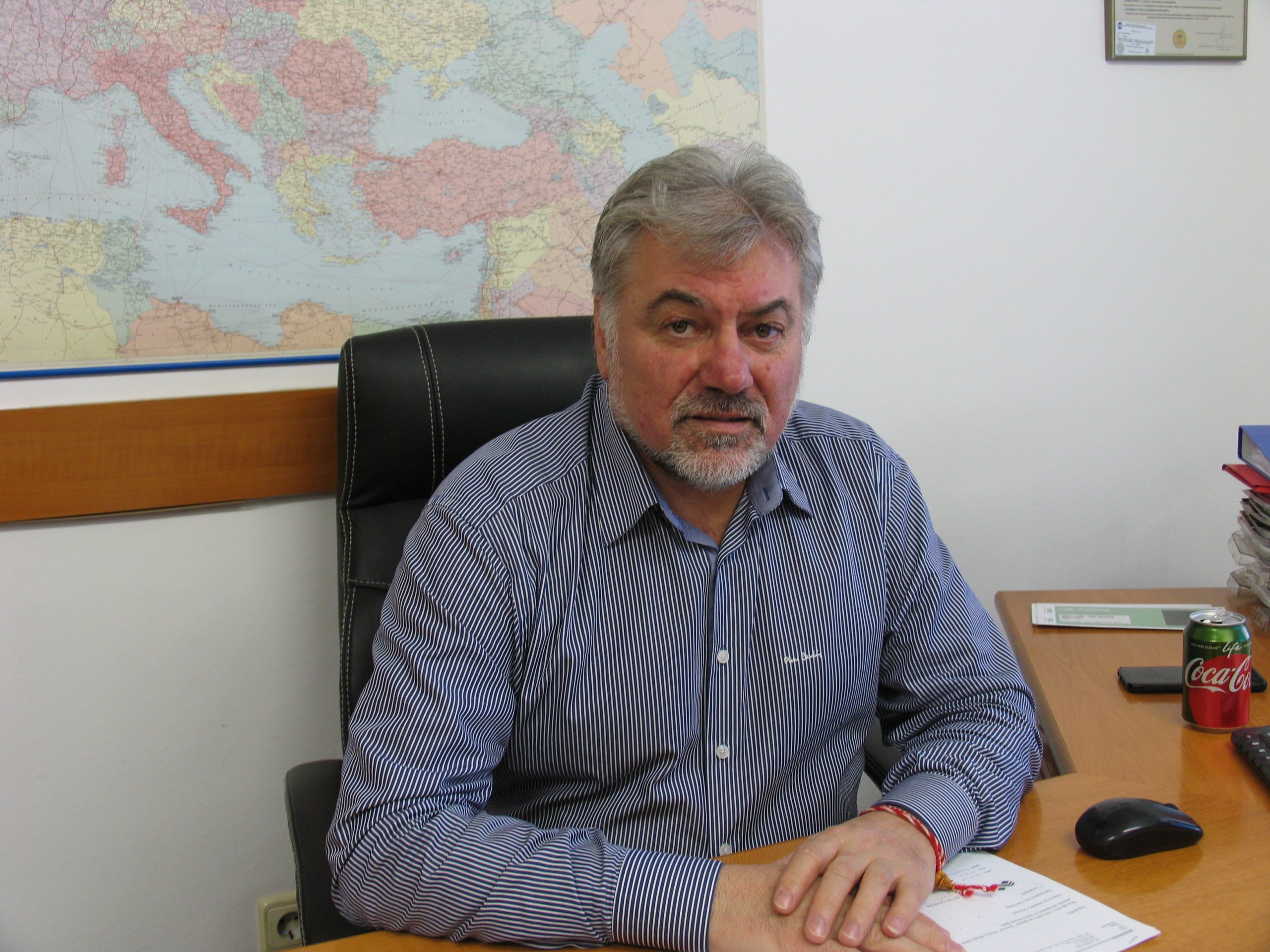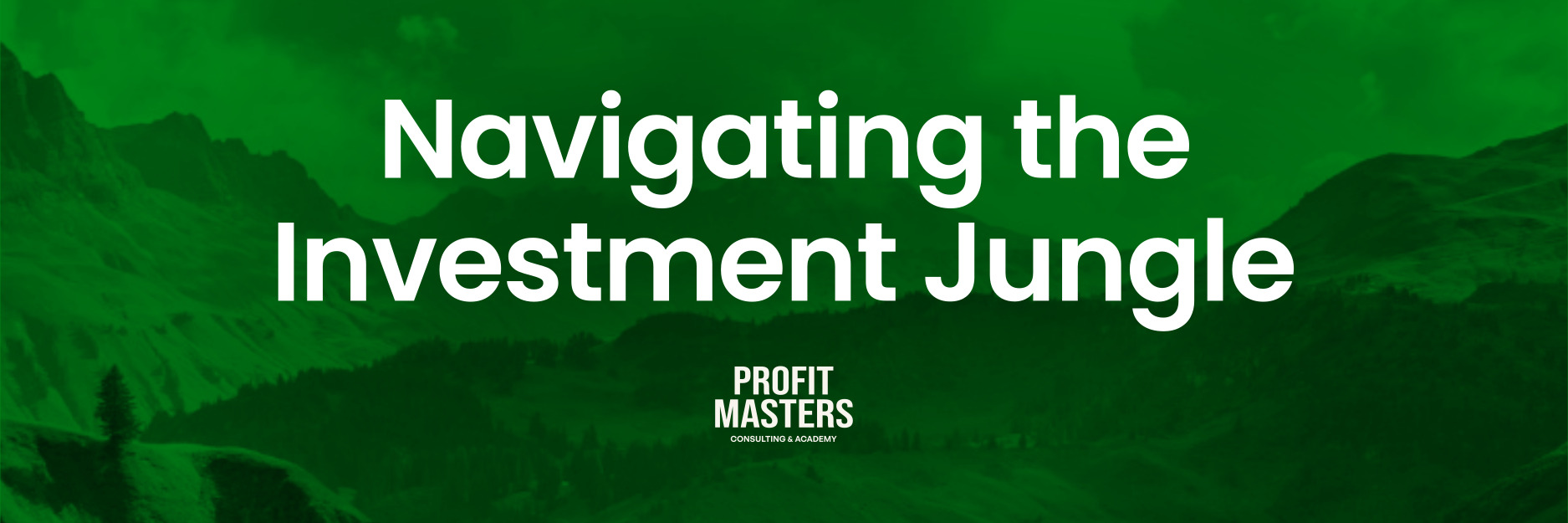Anton Taskov, the owner of Bulgaria’s first privately owned road marking company, shares his expertise and perspectives on enhancing the Bulgarian road system to meet international standards and establish the country as a true member of the EU.
In a recent interview with Forbes magazine, Mr. Taskov emphasised the significance of using Thermoplastic, a material for horizontal road markings, to ensure excellent visibility regardless of weather conditions. As a pioneer in the use and production of Thermoplastic in Bulgaria, his company ‘Signalizacia‘ has earned a reputable name over its nearly 30 years of uncompromised quality service.
When asked why he chose Thermoplastic and why it is the optimal material for road markings, Mr. Taskov explained several key factors, including durability, price, environmental friendliness, and safety.
He elaborated that acrylic paint, often used in Bulgaria, fails to hold up for even a single season. The reflective pearls applied to the wet paint quickly disappear, resulting in diminished visibility. Thermoplastic, on the other hand, has been widely adopted since the 1950s in developed countries across Europe, North America, Canada, and other advanced nations. Its durability and cost-effectiveness make it ideal for highways, primary and secondary roads worldwide.
Today, Thermoplastic remains a preferred option due to its long-term effectiveness, cost-efficiency, and versatility. Over time, production and application techniques have evolved to enhance night vision and improve safety under challenging conditions like wet surfaces. Thermoplastic road marking performs exceptionally well in extreme temperatures, making it highly desirable. Its durability often exceeds five years.
The application of Thermoplastic involves specialised machines that lay a thick layer of the material mixed with reflective glass beads at temperatures above 200 degrees Celsius. The beads become embedded within the layer, ensuring continuous visibility as friction gradually wears down the material. In recent years, manufacturers of cold plastic have also incorporated improved techniques with reflective pearls, although the quantity of pearls used still falls short of Thermoplastic standards.
Statistics reveal a positive trend in road safety in Bulgaria. In 1989, 1280 people lost their lives on Bulgarian roads with 2,600,000 registered vehicles, while in 2022, the number of fatalities decreased to 531 despite the registration of over 8,000,000 vehicles. These figures indicate progress, but further improvements can be made. Countries like Sweden have implemented the “Vision 0” project, aiming for zero road fatalities. By adopting successful strategies from leading nations, Bulgaria can work towards achieving similar outcomes.
In terms of environmental impact, Thermoplastic is an ecologically friendly choice. Studies demonstrate that it does not release harmful volatile substances, unlike acrylic paint and cold plastic, which are restricted in several European countries due to their toxicity, pollution, and risks to human health.
To address industry challenges effectively, adopting unified European norms rather than selective implementation can provide effective solutions. Mr. Taskov believes that the Bulgarian government should prioritise people’s health, safety, and genuine needs when making decisions.
Anton Taskov’s extensive experience and dedication to implementing world-class road marking standards position him as a driving force in advancing Bulgaria’s road infrastructure to meet international benchmarks.







